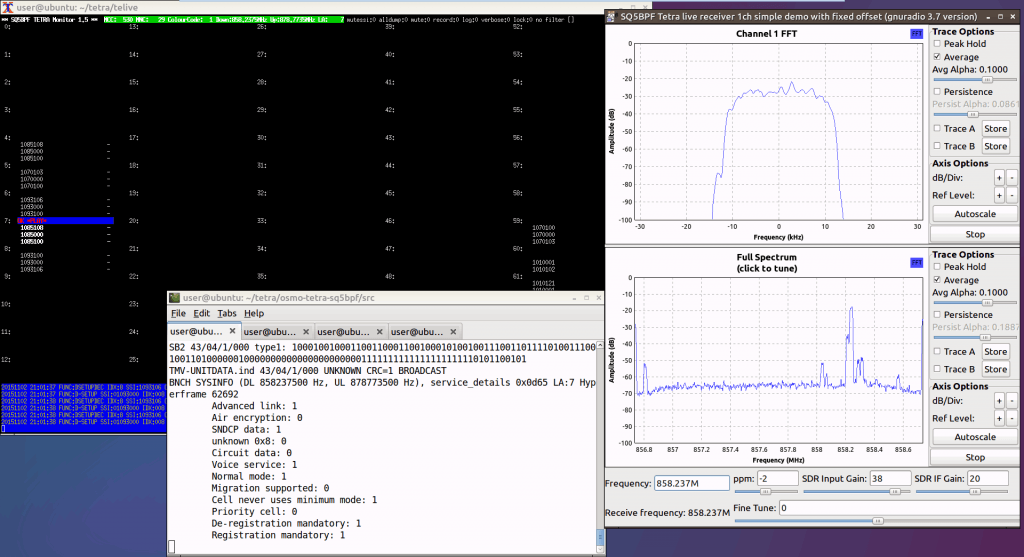Slovenian whistleblower who was convicted for reporting a flaw in Police TETRA with an RTL-SDR requests donations
Back in May 2016 we posted about Dejan Ornig, a then 26 year old student at the University of Maribor's Faculty of Criminal Justice, Slovenia who was almost imprisoned for using an RTL-SDR and finding a security flaw in Police TETRA communications. Dejan's story was one of the first of several stories we presented over the years involving a person getting into legal or political trouble from the use of SDRs like the RTL-SDR in more authoritarian countries.
TETRA is a RF digital voice and text communications protocol often used by authorities in European and other countries due to its ability to be secured via encryption. By using an RTL-SDR and an open source TETRA decoder, Dejan discovered that despite official documents specifying that all Police TETRA terminals must be authenticated (we assume this refers to encryption), none actually were.
Dejan went ahead and ethically reported his findings to the Slovenian authorities, working together with Police officers to disclose all his findings. However, in the end no action was taken, and Dejan took his findings to the press. It was then that Dejan was prosecuted by Slovenian Police, his house raided, and he discovered that Police had been collecting evidence against him for more than a year.
To complicate matters further it appears that Dejan also worked as an intelligence informant for the Police and was illegally instructed and helped by two Police detectives to hack into e-mails, Facebook profiles and other online communications of people deemed suspicious.
After seven years of court hearings, his case on the TETRA hack ended in 2022 with Dejan subjected to a seven month suspended prison sentence . Although suspension means that Dejan will not physically reside in jail, his record still records him as a criminal.
The criminal trial and conviction has led to Dejan having problems securing a job and moving forward with his life. He is currently asking for donations online in order to help get his life back on track. Dejan's full story can be read at the funding site. Alternatively you can donate via PayPal.
NOTE: As donation requests can often be scams, we have independently verified that it is indeed Dejan Ornig who submitted this story to us, and that the donation site and PayPal link is legitimate.
NOTE 2: In the past we have had issues moderating comments with stories involving transgender and female contributors. Dejan's story contains info about his sexual orientation and we will not accept derogatory comments on this site regarding this. If desired, please discuss the technical and legal nature of Dejan's situation, any other comments will be removed.
